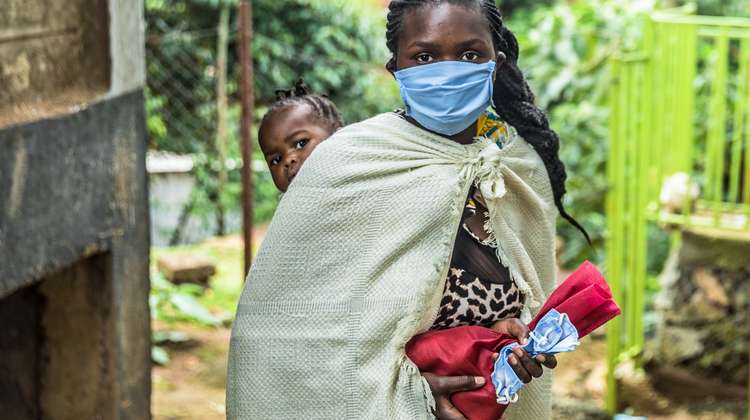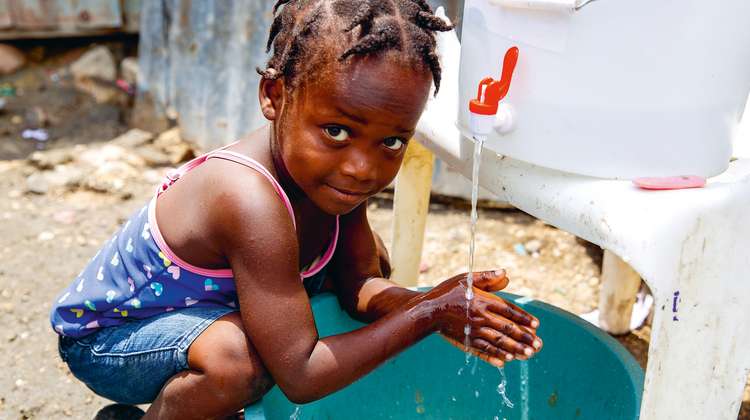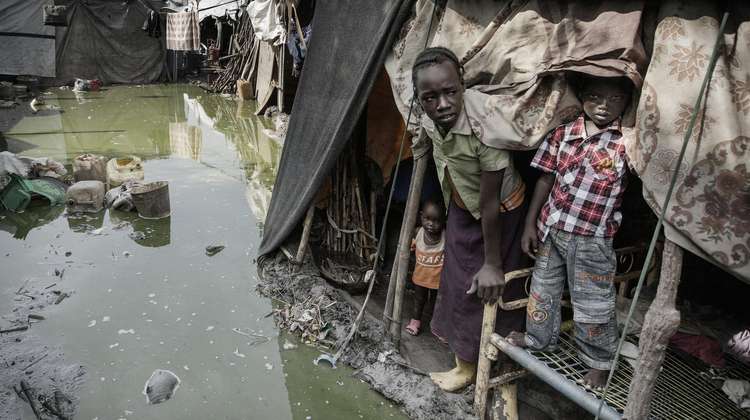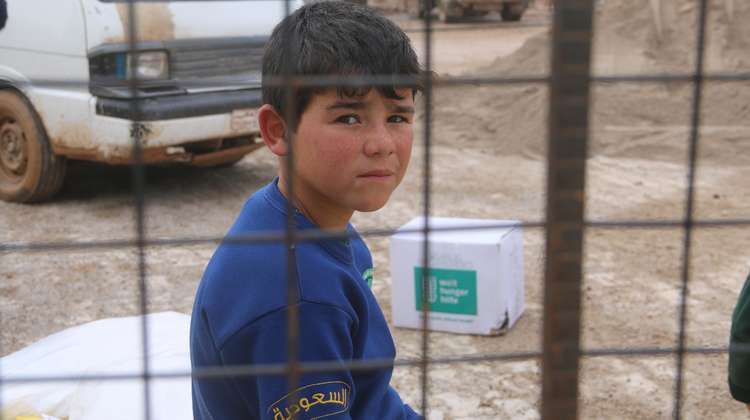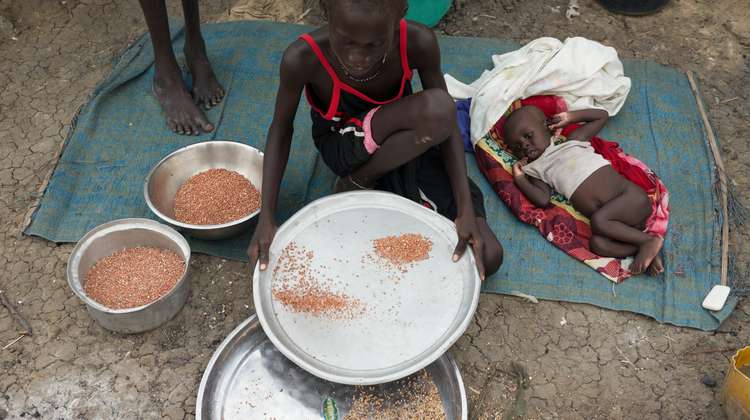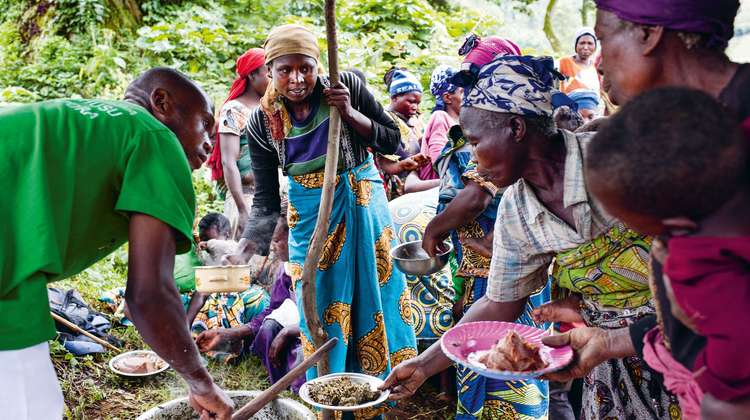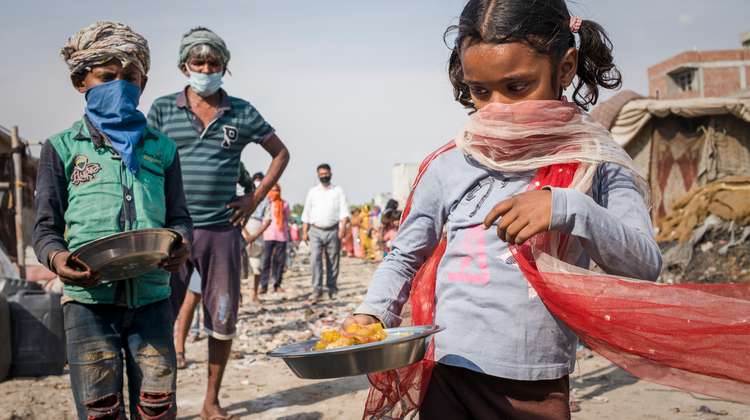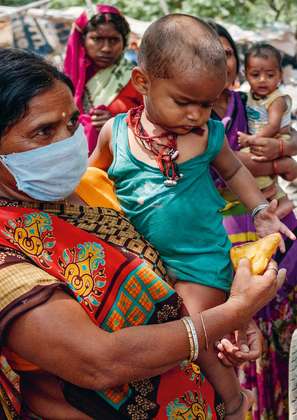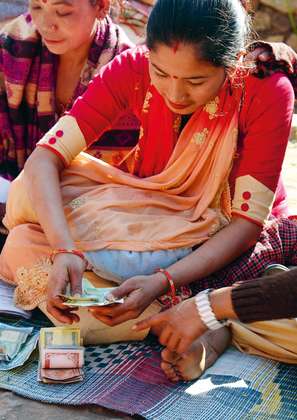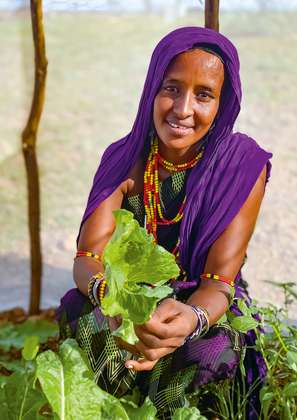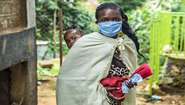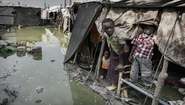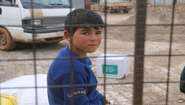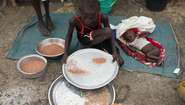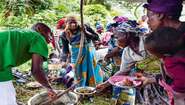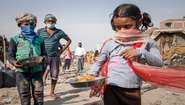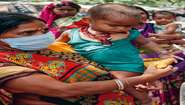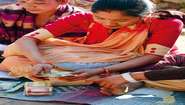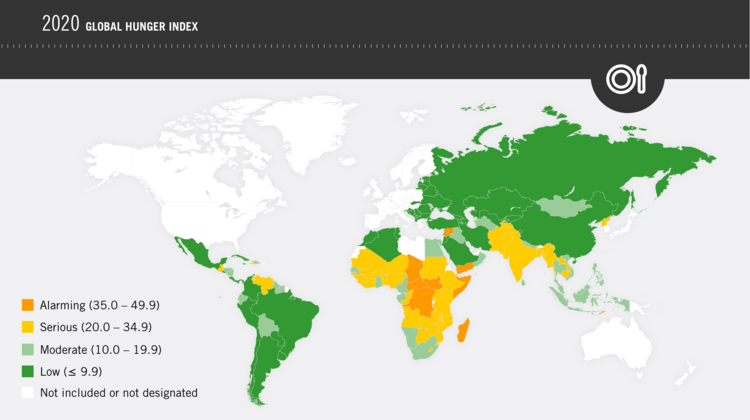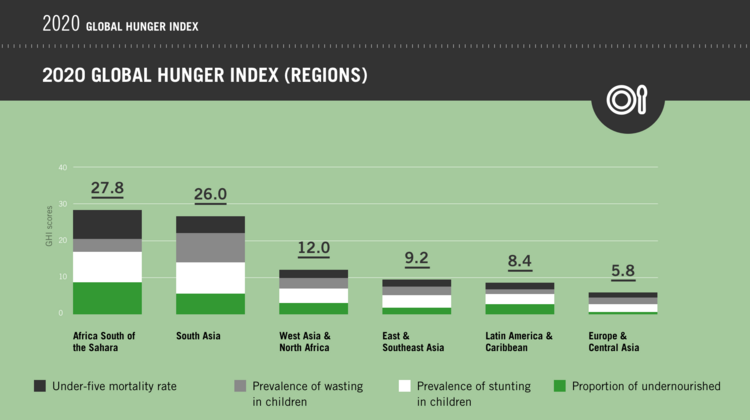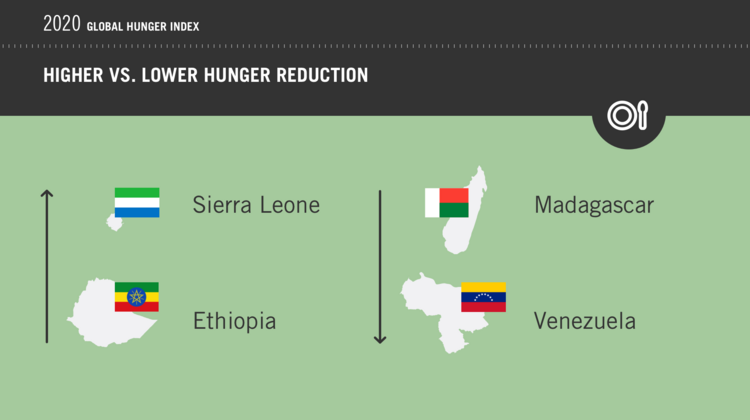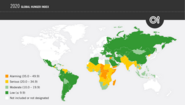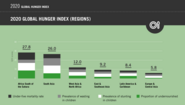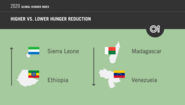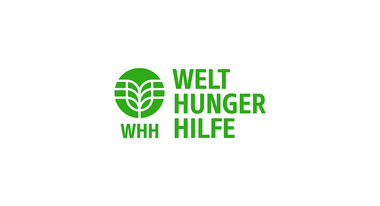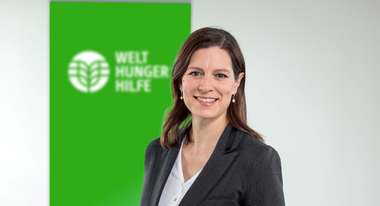Welthungerhilfe Presents the 2020 Global Hunger Index
Coronavirus, war, and climate change: The world is not on track to end hunger by 2030.
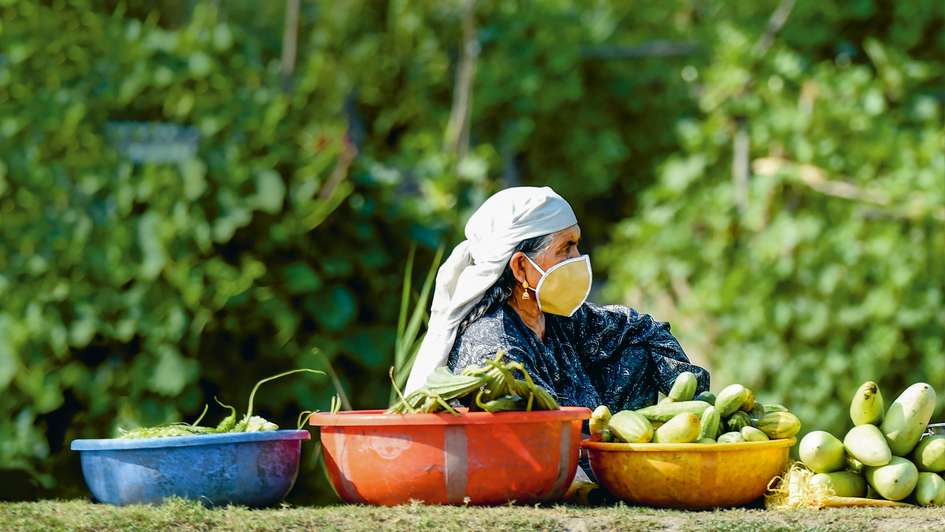
Bonn/Berlin, 12 October 2020. Even before the COVID-19 pandemic hit, hunger and undernutrition were plaguing people in more than 50 countries. Due to inequality, conflict, displacement, and climate change, progress in the global fight against hunger has been too slow to achieve the legally binding goal of Zero Hunger by 2030.
This state of affairs is clearly reflected in the latest edition of the Global Hunger Index, which assesses the nutrition situation in 107 countries. Since 2012, hunger rates have increased in 14 countries, including Kenya, Madagascar, Venezuela, and Mozambique. As Welthungerhilfe points out, the COVID-19 pandemic and its economic effects are exacerbating this trend, causing additional food insecurity for millions of people. The number of people going hungry has now risen to 690 million worldwide. Against this background, Welthungerhilfe is pleased to see the Nobel Peace Prize being awarded to the World Food Programme, as this acknowledges the key challenge that global hunger poses to the international community.
Press Downloads
“Even before the start of the COVID-19 pandemic, hunger rates were alarming, especially in Sub-Saharan Africa and South Asia. People were already suffering from a multitude of crises caused by wars, droughts, flooding, and locusts plagues. Now, COVID-19 is throwing fuel on the fire, with all projections foreseeing a sharp increase in hunger and poverty. This situation is being further compounded by climate change.
To prevent hunger and poverty from growing even worse, social security systems must be expanded in the affected countries, and we need to make our food systems fairer and more resilient. At the present rate of progress in the fight against hunger, 37 countries will not be able to achieve a low level of hunger by 2030. Awarding the Nobel Peace Prize to the World Food Programme bolsters the fight to end hunger and to give a voice to the people it affects”, underlines Marlehn Thieme, president of Welthungerhilfe.
Dowloads: Press Photos
Usage note:Please note that the pictures may only be used in a Welthungerhilfe context and may not be passed on to third parties. Images must bear the credit copyright "Photographer/Welthungerhilfe". No long-term archiving. Please delete pictures after use!
Downloads: Infographics
Usage note:Please note that the pictures may only be used in a Welthungerhilfe context and may not be passed on to third parties. Images must bear the credit copyright "Photographer/Welthungerhilfe". No long-term archiving. Please delete pictures after use!
Welthungerhilfe is one of the largest private aid organisations in Germany; politically independent and non-denominational. It is fighting for “Zero Hunger by 2030”. Since it was founded in 1962, more than 9,830 overseas projects in 70 countries have been supported with 3.95 billion euros. Welthungerhilfe works on the principle of empowering people to help themselves: from rapid disaster relief to reconstruction and long-term development cooperation projects with national and international partner organisations.





